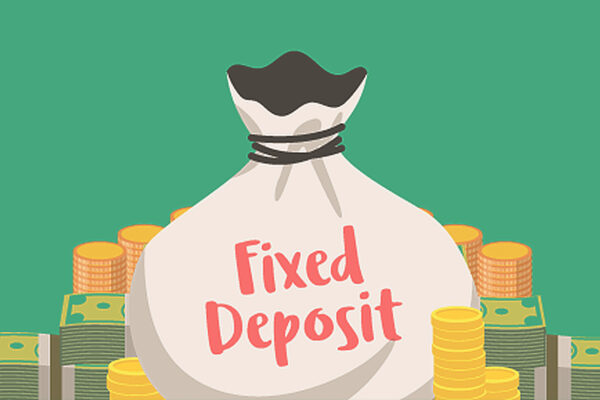Fixed deposits are one of the most trusted investment avenues of Indian investors, especially for the common man. Those investors who want to avoid market fluctuations preferred to invest in fixed deposits (FD) because of fixed returns.
Fixed deposits always offer fixed returns over a fixed period, and it is considered the safest way for better returns. There are multiple ways on how you can maximise the benefits of fixed deposit.
Here are some tips to Increase the Returns from Fixed Deposits
Compare Interest Rate
The fixed deposit interest rates vary from institute to institute, and a higher interest rate will bring more profit to the investor. Always choose a fixed deposit after comparing the interest rates with other Fixed deposits.
Choose a Cumulative FD Over a Non-Cumulative FD
There are two types of fixed deposits – cumulative & a non-cumulative FD. In a cumulative fixed deposit, the interest is compounded every quarterly or yearly and paid at the time of maturity.
While a non-cumulative FD pays out the interest on monthly, quarterly, half-yearly, or annually as per the investor’s choice, you will earn more through Cumulative fixed deposit. Interest on Cumulative fixed deposit is accumulated throughout the financial year.
Senior citizen Fixed deposits
Start a fixed deposit in the name of your parents. Using the senior citizen’s name in fixed deposits is more profitable as the interest paid for a senior citizen is more than the normal ones.
Opt for Annual Taxation
Profits earned through fixed deposit interest is taxable. There is no set rule on the duration of deducting tax on the interest gained through a fixed deposit. Some of the financial institutes deduct tax every month, some do it quarterly, half-yearly, or some others do it every year.
As the interest is calculated on a cumulative basis, longer the amount will be in the account more will be the interest accumulated. So, choose a fixed deposit which deducts tax on a yearly basis.
Submit Form 15g and 15h
Filling and submitting the 15g and 15h forms to avoid tax deduction on your fixed deposit. The form 15g is for the persons who are more than 60 years of age, whereas form 15h is for everyone. If a person’s yearly income is less than Rs. 2.5 lakhs, you can submit the form 15h to request the bank for not to tax on the interest component of your FD.
Renewal of the fixed deposit
If you have a short term fixed deposit, then keep renewing it. Fixed deposits provide a good return in a longer run. One can earn maximum profits from the regular renewal of the account.
If you have invested Rs. 5,000 every year and received Rs. 5,500 at the end of the tenure. Invest this Rs.5, 500 again in fixed deposits, this way after a certain period of time. You will be able to have a quite good return without getting exposed to any market fluctuations.














Be First to Comment